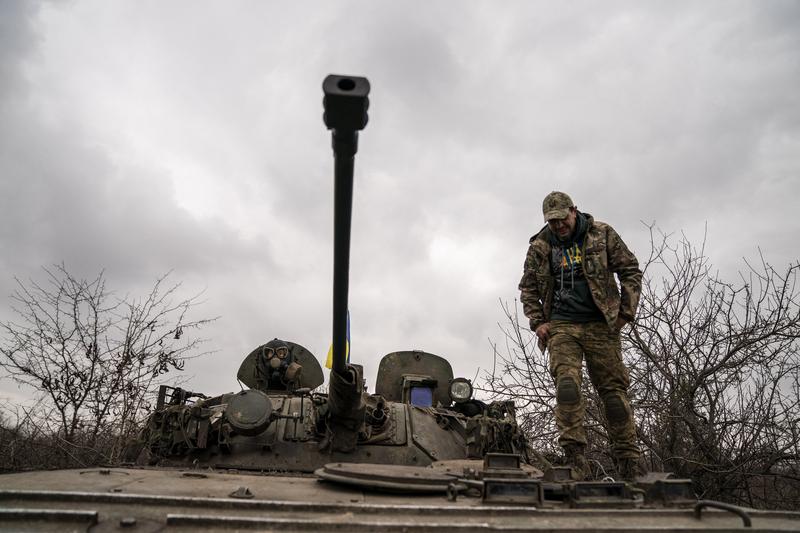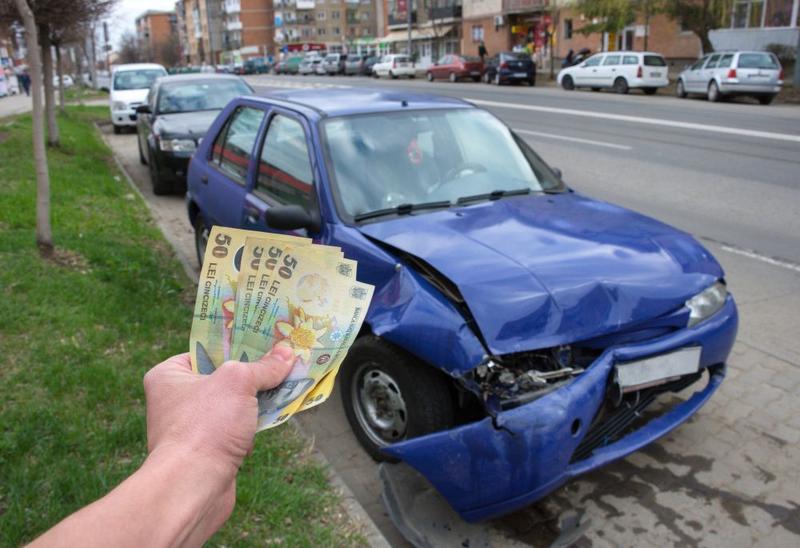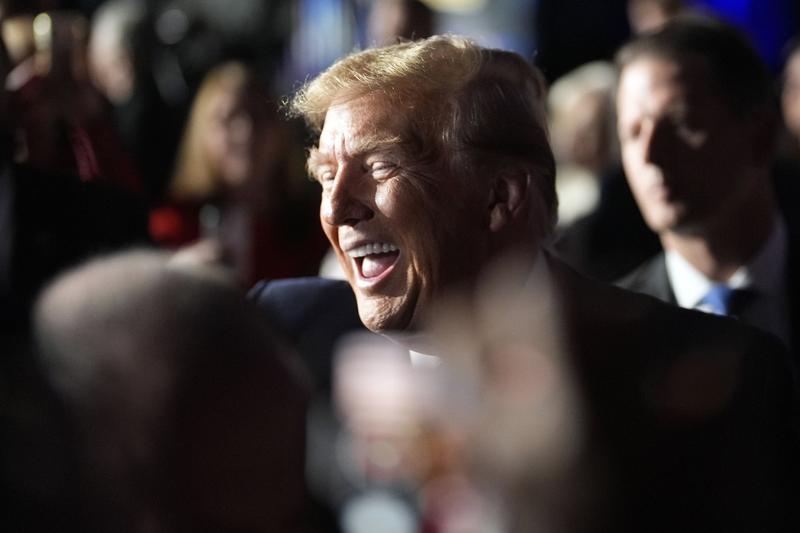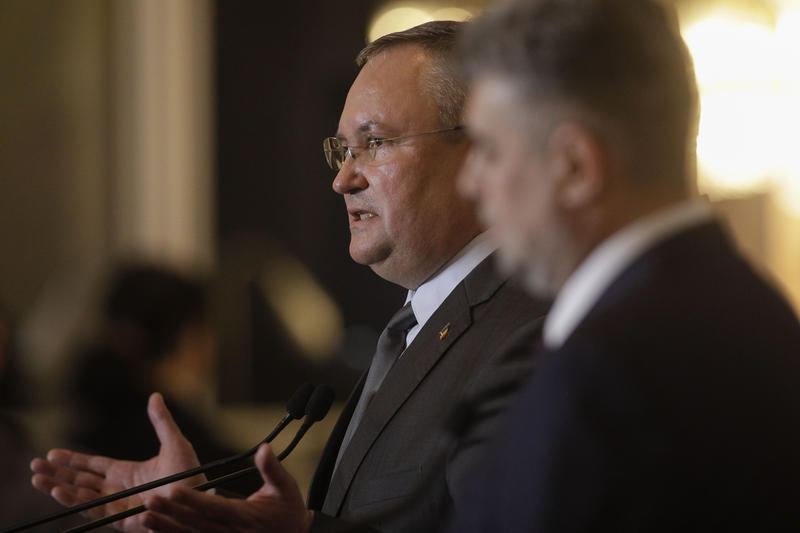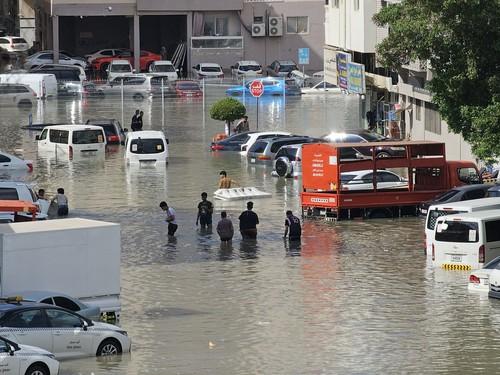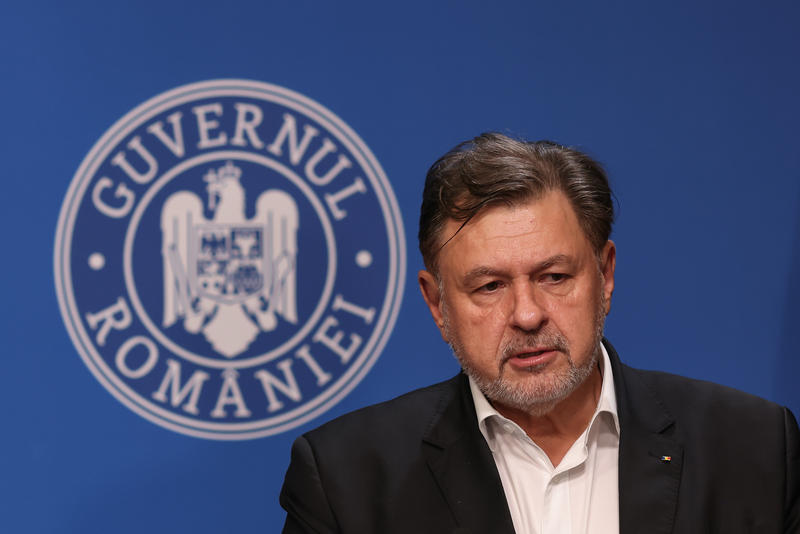"Mr Lavrov's reaction [Russian diplomacy chief] was as moderate as possible", Romanian Foreign Affairs minister Teodor Baconschi after the Parliament hearing in the foreign policy and defence commissions, where he gave details on the American missile shield being hosted by Romania.
The meeting took place behind close doors, starting with 2 pm and concluding after approximately two hours. Romanian Intelligence Services (SRI) head George Maior, Defence minister Gabriel Oprea, Romanian Foreign Intelligence Service (SIE) vice-director and Foreign Office rep Bogdan Aurescu took part as well.
President of the Senate's Defence Commission president Teodor Melescanu asked that only ORNISS certificate holders remain for hearings. The certificate grants access to state secrets.
"The missile shield system will cover the entire national territory, will confirm the excellent dynamic of the strategic Romanian-American partnership, will visibly increase Romania's geopolitical and regional relevance, will not demand significant economic costs, quite in the contrary, and it is due to be implemented after the Parliament ratifies it", Baconschi resumed the conclusions.
According to him, the negotiations will take about a year and a half and expressed the interest of maintaining a permanent cooperation with the parliamentary commissions to "guarantee the transparency of the process and the construction of the political consensus".
Asked to comment his Russian homologue Serghei Lavrov's reaction following the announcement made by the Romanian President, the Romanian diplomacy chief stated that Russia's reaction was moderate. Baconschi recalled the negotiations for START II treaty and suggested that such a decision was communicated by the Americans to Russian and accepted.
"The negotiations for START II are carried on, good news. I believe Mr. Lavrov's reaction at the conference in Munchen was as moderate as possible. Once more, we need to distinguish between secondary message bearers, especially the media, and political decision makers", the minister said.
Regarding the costs Romania will have to back, Teodor Baconschi indicated that they would not have any macro-economic impact. "For the moment, we will receive from our partners a list of criteria which will help us identify the best location. The costs do not involve either interception missiles, or the military infrastructure that will be built, but insuring the area's security (...)".
Romanian Defence minister Gabriel Oprea declared that "this is a historic moment for Romania's security, our role and profile in the EU and NATO increases". He said the issue revolved around ground interceptors. "Romania becomes an important EU and NATO landmark and brings a non-debatable security plus to the Romanian people and the entire South-Eastern Europe", Oprea added. He said he came to the commissions to talk about Romanian soldiers' contributions in war theatres.
Senate's defence commission president Teodor Melescanu and senate's foreign policy commission head Titus Corlatean declared that the MPs are in favour of the project. The agreements with the American party still need to be discussed in the Parliament, before ratifying it. They considered the meeting useful after having learnt that Romania is not expected to contribute with significant sums that it is of defensive nature, not aimed against Russia and it was established it revolved around ground interceptors.



